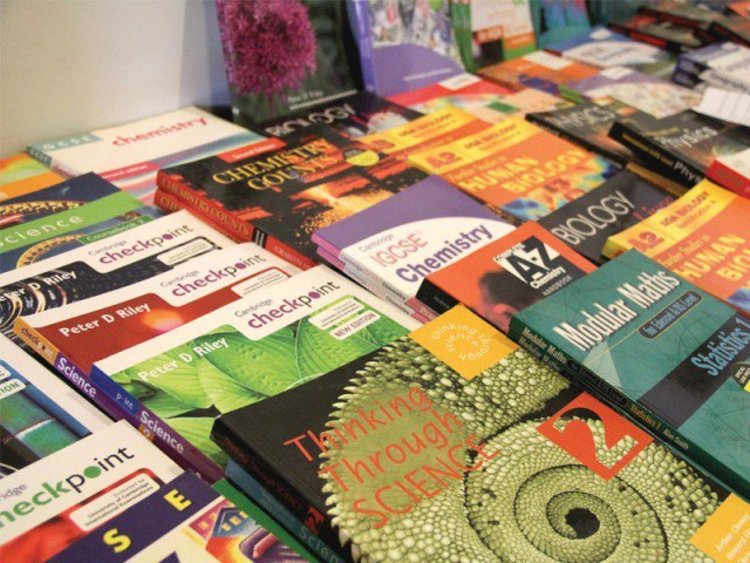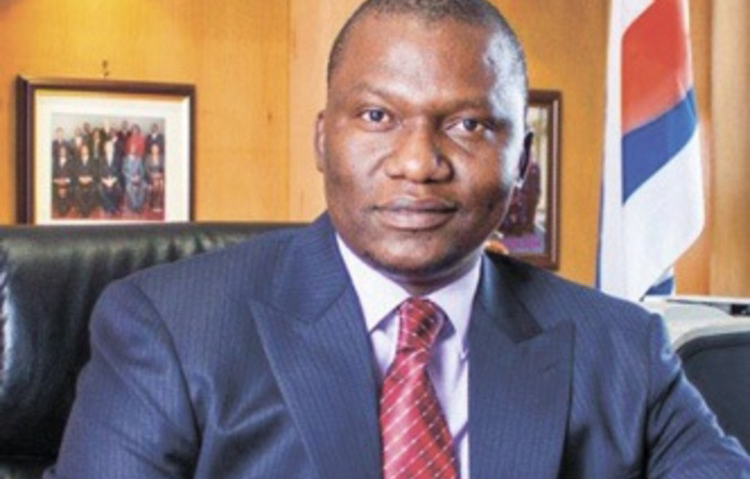Mixed views on new O-Level curriculum

 Julia Mugadzaweta Features Writer —
Julia Mugadzaweta Features Writer —
A comprehensive education curriculum is vital to the development of any nation. It sets the tone for the kind of citizenry that is being groomed, which translates to the kind of activities they will perform towards the progression of the State.
Last week at a press conference the Ministry of Primary and Secondary Education (MOPSE), announced that it had set the maximum number of subjects to be studied at Ordinary Level at 10.
Of the 10 subjects, seven will be compulsory. Students who wish to exceed the limit will only be allowed to take two more subjects.
This week, a circular for a new curriculum was distributed showing the new compulsory subjects to be taught in schools. These include Agriculture, Physical Education, Mass Display, General Science, Mathematics, English, Heritage Studies and an Indigenous language.
In the previous curriculum there was no regulation limiting the number of subjects one could study.
Schools like Monte Casino, Midlands Christian College and Harare High School prided themselves in having students who could push their abilities by doing more than 12 O-Level subjects.
The latest development has not been well received by pupils. Pride Marimburo, from a local school in Harare, disagreed with the regulation, saying he wants to study more than 12 subjects.
“I am in Form 3 and I want to do 15 subjects. I find most of the subjects to be easy. I need something mentally challenging.
“I don’t understand why limitations must be placed on us when we are capable of sitting for all 15. Other students have managed in the past so what is the rationale behind stopping us from advancing?” he said.
Other students interested in studying more than 12 regulated subjects, shared similar concerns saying they can manage the workload. A pupil from Girls High School in Harare who preferred anonymity said despite being in a Science class, she enjoyed studying Humanities.
Her teachers had also made room for her, as she had laudable passes in her subjects.
“I enjoy studying Literature, Religious Studies and Art. It’s fun for me. I am in a Science class because that’s where l was put according to my results,” she said.
She is yet to decide on a career path and wants to keep a myriad options.
“I haven’t made up my mind on what I want to study for A-Level. That is why I am doing everything am good at.
“If they change the curriculum and I have to pick a field at O-Level then I am limited in what it is I can do. I don’t think that it is right for me to make a decision on specialising so early, especially when I am prone to changing my mind at any point,” she said
Mr Matsika, a father of two secondary school aged boys, was worried about the ministry’s priorities.
“Sometimes you tend to wonder what is the rush in implementing a new curriculum when some schools still lack teachers as well as infrastructure and the teacher to pupil ratio is not yet addressed,” he said.
“In any case, the Government does not have enough resources to overhaul the education sector at this supersonic speed. Why not do it in a steady and methodical way according to available resources?”
Stakeholders in local education have raised questions over the practicability of the new regulation.
Zimbabwe Council of Higher Education (ZIMCHE) spokesperson Jonathan Gandari said students at O-Level usually do not have a full picture of the path they intend to pursue.
“Students do not yet know exactly what they would want to pursue in life. They are still ambitious and so setting limits for them would only result in an inadequate gathering of their base knowledge,” Gandari said.
He added that children should have the liberty to explore their aptitude.
“There should not be limits at that level as most of them are not decided. They should be encouraged to do what they want. O-Level subjects provide pupils with basic knowledge of what they can possibly study in future,” he said.
According to Gandari, a child with a diverse academic base has a wider career choice.
“It is to the child’s advantage if that basic knowledge is broad, as limiting this narrows the scope of that student’s abilities.”
Tutors also view the development as retrogressive. Mr Madzivadondo, a teacher at a private college, said there was confusion over what the ministry had said.
“Students who are able and capable of studying more than 10 to 12 subjects should do so. No regulation should stop a student from sitting for an exam, that’s not possible.
“This regulation is not an obstacle to those students that are ambitious and focused. Students can study other subjects that they want privately and sit for exams as private candidates,” he said.
The new curriculum has not been received well by parents, students and stakeholders in the education sector as they claim that its introduction has been rushed and forced on them.
However, Professor Charles Nherera from the University of Zimbabwe’s Faculty of Education said no change is achieved without resistance.
“This is the first major change in the curriculum since 1980 and you have to understand that change is at times overwhelming.
“People however, need to be a bit more understanding and accommodating and embrace the changes as they are vital to the growth and development of the education sector,” he said.
He added that the change was very necessary as it was in line with earlier recommendations. The Nziramasanga Presidential Commission of Inquiry Report on Education and Training of 1999 stated that the suggested change was necessary if the country was to work towards adjusting to modern technological times.
It also stressed the need to do away with a system that largely centred around recall and catch on to the modern trend in education systems.
Despite the positive light being shared by education experts, the curriculum change has sparked a public outcry as the ministry has shown it was unprepared for the change.
Progressive Teachers Union of Zimbabwe president, Takavafira Zhou, is on record saying besides the awkward curriculum syllabus being imposed on them, its objectives are confusing.
“It is not clear how it is an improvement on the current system of education. It does not commit resources for the standardisation of schools and, therefore, the implied changes will remain mere rhetoric,” said Zhou.
He also raised concerns with the continuous assessment model.
“There are also inherent contradictions in terms of its tenets and implementation framework. The 12 terms of continuous assessment being proposed in the new curriculum imply that there would be operational defects in implementing the new curriculum beyond Grade Four at primary, and beyond Form One at secondary levels,” he said.
Mr Zhou said that there would be operational challenges to coordinate ZIMSEC efforts and the teachers in continuous assessment.
Despite the scepticism from some quarters, the Ministry of Primary and Secondary Education has committed itself to the roll out of the new curriculum and is working to avail the necessary equipment and materials to schools.
The Minister of Primary and Secondary Education Dr Lazarus Dokora during a parliamentary session this week said preparations to provide schools with materials were now underway.
“A process of working with the book publishers has been underway since we began the reform consultation process,” he said.
Minister Dokora added: “There are entirely new disciplines, specific instances are mass displays. We were deliberating on how to supply by providing budgetary support to schools to be able to acquire some of these materials.”
To ensure there is capacity to roll out the new curriculum, the acting director for academic affairs in the Ministry of Higher and Tertiary Education Mr John Dhewa said they were training teachers who would be able to teach the new curriculum, especially ECD teachers.
“We are currently in the process of amending our processes to fit the needs of the new curriculum for secondary and primary education. Right now we have four teacher training centres that are training ECD teachers,” he said.
Mr Dhewa said teachers to teach the new curriculum especially in areas of concern like sign language, had been trained.
Zimbabwe has been using one curriculum since 1980. The feeling is that the curriculum lacks practical skills training, known as psychomotor.
The Nziramasanga Report carried out in 1999 recommended a review of the education curriculum to incorporate psychomotor skills.
Among the commission’s recommendations were suggestions that the National Budget should include estimates to adequately finance the construction of infrastructure and remuneration of teachers.
The curriculum has been at the centre of discussion by stakeholders and there is a division between experts and parents on the feasibility of the plan.
Feedback: [email protected].









Comments